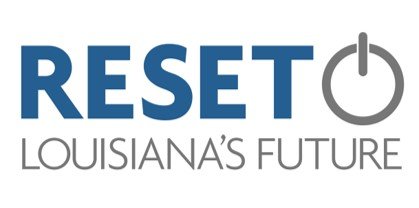May 15, 2019 | 7:57 AM
U.S. News & World Report has issued its latest rankings of states, and once again, the news is not good for Louisiana.
For the third consecutive year – and for all three of the years the report has issued the rankings – Louisiana was ranked 50th among states as a cumulative measure of important factors.
Our state ranked last overall and was last in categories such as crime, opportunity and the environment. It scored near the bottom in a handful of other areas.
“As people are increasingly concerned about income disparities, rising health care costs, gaps in education and crumbling infrastructure, it’s more important than ever to focus on the day-to-day policies that affect people where they live their lives,” said Eric Gertler, executive chairman at U.S. News.
None of this means that Louisiana is the worst state, and none of these measures are objective determinations of how bad Louisianans’ quality of life is.
But like any other ranking that puts us at or near the bottom, it does raise issues that need further exploration and leadership.
In our case, crime, the environment, education and infrastructure aren’t just abstract notions that have no meaning. These are real-world issues that do determine our quality of life. Being able to use reliable roads and bridges, sending our children to quality schools and colleges, protecting our vast but fragile natural resources and enjoying our safety really do determine how happy we are in our communities.
Gov. John Bel Edwards has taken issue with the rankings, pointing out that some of the data used in them is out of date and that the state has made marked improvements that aren’t represented in our poor score.
We can quibble about exactly how the scores are compiled, but doing so would squander an excellent opportunity to bring these issues the attention they deserve. We know our roads are in terrible shape and that our schools statewide are in dire need of improvement. We know that we suffer with crime and that our environment is facing difficult challenges.
But these complex problems have proven hard to address, and political leaders more often than not have simply pushed them off until sometime in the future. We are making some strides, but we need to make more of them and keep the attention focused on these great needs.
This ranking isn’t going to stroke Louisiana’s ego, but it could be an important call to action.
Editorials represent the opinion of the newspaper, not of any individual.

